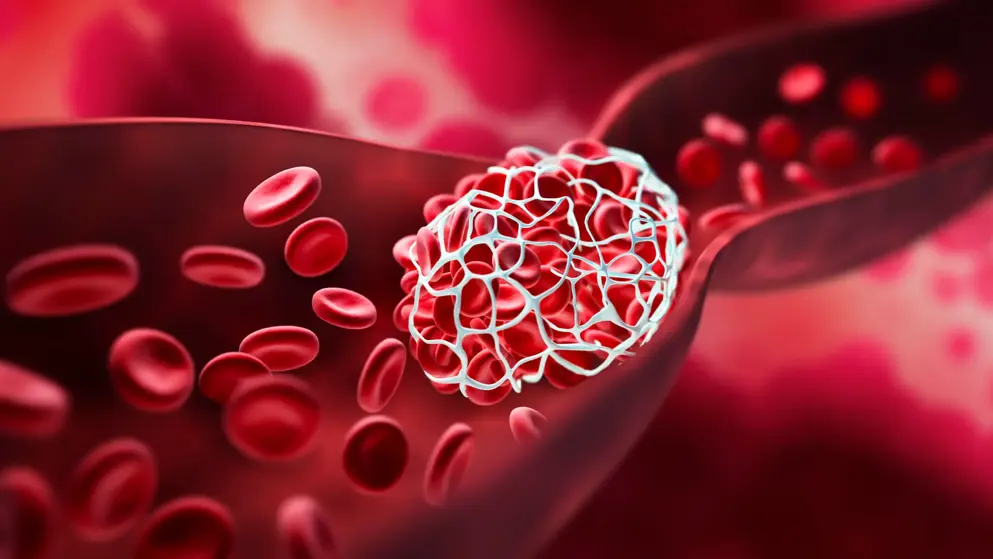
News
Phase III ESCAPE-NA1 study of nerinetide suggests potential to treat stroke.- NoNo Inc
NoNO Inc reported results from the pivotal Phase III ESCAPE-NA1 study, a multicenter, randomized, double-blinded, placebo-controlled, parallel group, single-dose study to evaluate the efficacy and safety of intravenous administration of the novel peptide, nerinetide, in patients with acute ischemic stroke who were selected to undergo endovascular thrombectomy. Analysis of the primary endpoint of the proportion of patients who achieve functional independence after 90 days across all trial participants (those not receiving alteplase and those who received alteplase before nerinetide) did not reach statistical significance. Nerinetide, without prior administration of alteplase, showed medically important improvements in patients with acute ischemic stroke. Compared to placebo, almost 20 per cent more patients who received nerinetide along with endovascular treatment, but did not receive alteplase, recovered from a serious stroke. These findings, which were consistent over three different domains of clinical outcome in patients who did not receive alteplase were bolstered further by pharmacokinetic data from trial participants showing that patients who were treated with alteplase had an approximately 60% reduction in plasma nerinetide levels as compared with patients who did not receive alteplase. Separate non-clinical studies by NoNO Inc. have shown that prior alteplase administration can lower plasma nerinetide concentrations because alteplase activates plasmin, an enzyme that cleaves nerinetide. Nerinetide had a safety profile comparable to placebo. The study also provides evidence of the validity of a biological pathway that protects brain cells from dying when they are deprived of blood flow. Nerinetide targets a protein in brain cells called PSD-95 which links the deprivation of blood flow to signals that mediate the final stage of the brain cell’s life. It does so by stopping the production of the free radical nitric oxide within the cell. Images of patients’ brains from the study show the expected size of the damage from the stroke is reduced when nerinetide is administered and EVT is performed among patients not concurrently receiving alteplase. This suggests that there is evidence nerinetide promotes brain cell survival, offering neuroprotection. NoNO Inc. are conducting further studies of nerinetide including an ongoing pivotal trial called FRONTIER. The ESCAPE-NA1 results were presented at the International Stroke Conference in Los Angeles and published simultaneously online in the peer-reviewed journal The Lancet.See: "Efficacy and safety of nerinetide for the treatment of acute ischaemic stroke (ESCAPE-NA1): a multicentre, double-blind, randomised controlled trial." Michael D Hill et al. The Lancet February 20, 2020 DOI:https://doi.org/10.1016/S0140-6736(20)30258-0
Condition: Stroke
Type: drug

